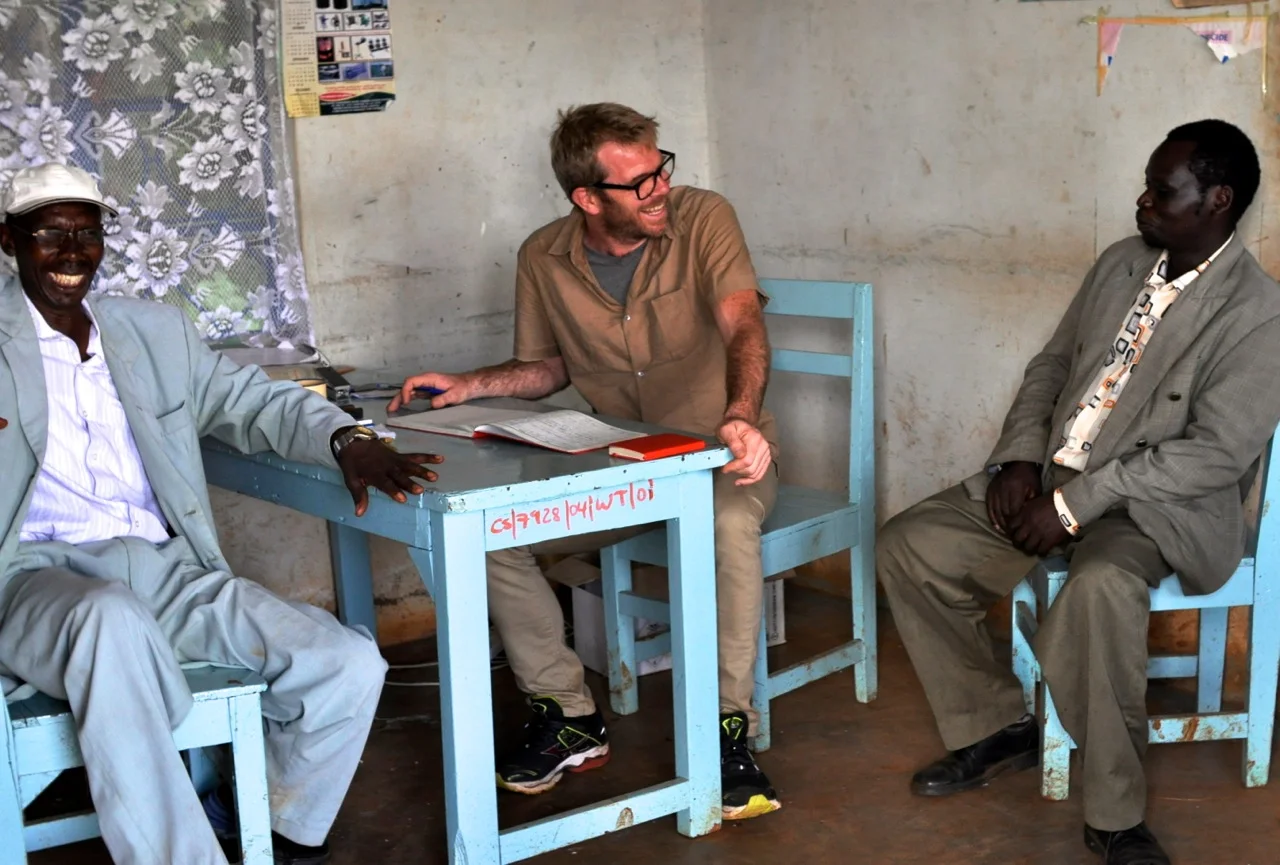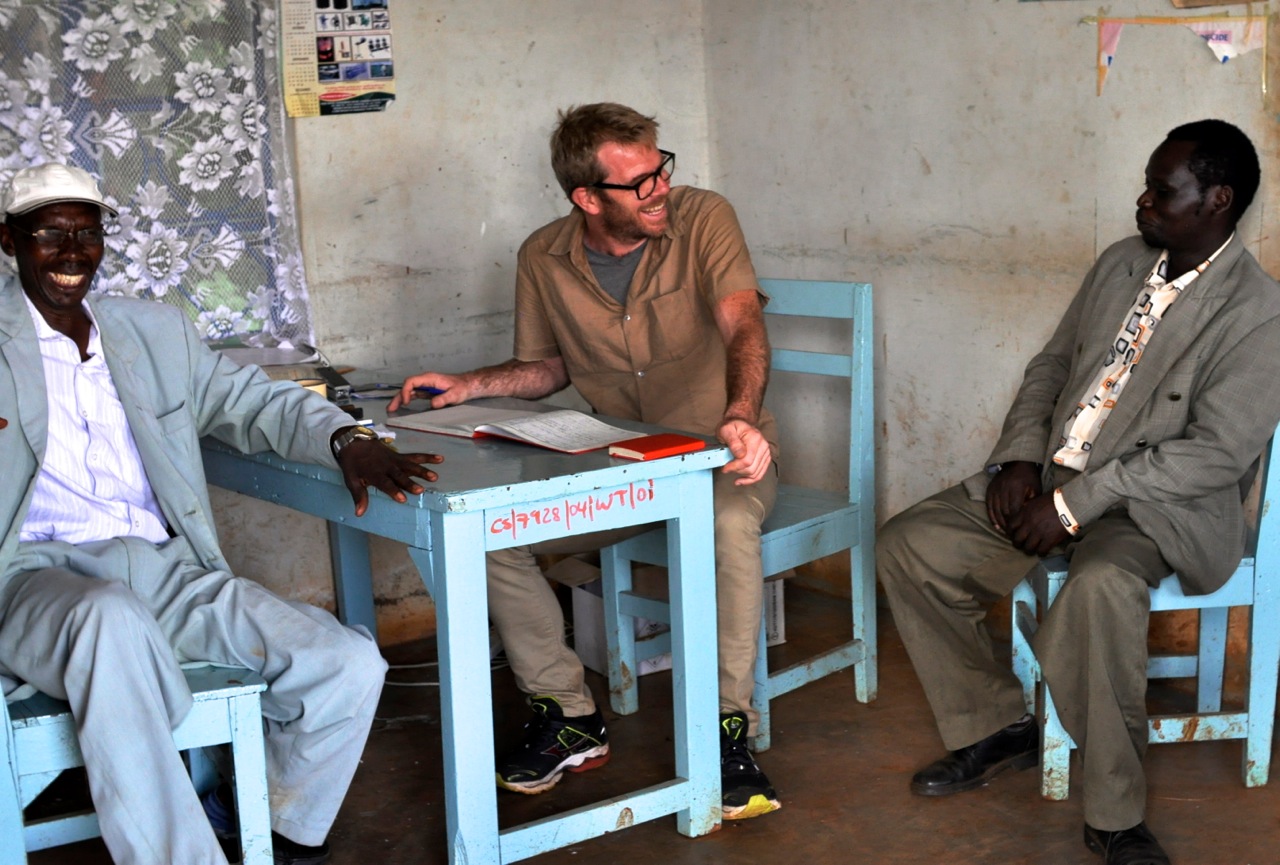This post provides the backdrop for the previous post and my recent visit to Kenya where I was cupping and choosing the Collaborative Coffee Source’s lots from the recent harvest. My visit was affected by the current situation in the County of Nyeri, a district that is known for producing the best coffee in Kenya. This is where CCS always has bought stellar coffees from and for that reason happily paid the highest prices every season. By this we have been rewarding good quality with the obvious means: good money.
Coffee is an important product in many producing countries’ economy. It represents a source for revenue in foreign currencies and local taxes, thus its production is often heavily regulated and so is the trade of it. Ultimately, it employs many people: farmers and workers, all potential voters. Coffee is Political!
In recent years each County (also called ‘District’) in Kenya has received more explicit governing power, which is probably good for many things, but as we know, politicians can be unwise and plainly populist in their policy-making.
The newly elected Government of Nyeri have made a claim that farmers are not being paid well enough for their product compared to what exporters are making from selling it, thus new and radical policies are seeking to mend that situation namely, the local government in the county of Nyeri is taking full control of the milling and trade of all cooperative coffees* in Nyeri as of this season. In practical terms this means that the farmers’ cooperatives, which own the washing stations, are obliged to dry mill, screen and pack their coffee at the state run Sagana KPCU Mill. Ultimately the Nyeri coffee will be marketed and sold through the same Sagana company.
Is this being done in the name of what is best for the farmers? From history, from experience, from gut-feel: there is little reason to believe that the money will pile up at the farmer’s doorstep after this move.
Regrettably there is no doubt that coffee is generally not well paid for, which has been a sad truth not only in recent months but for decades. Unfortunately, exploitation and corruption in all sectors of the trade can and sometimes does happen. Even in the Specialty Coffee sector when prices are sometimes high, one can argue that not enough of the money paid for the end product is trickling all the way to where it belongs: to the farmer.
To an untrained eye, it may all look the same: coffee is coffee and trade is trade. Yet it should be acknowledged that many people are involved in the making of coffee and making sure coffee moves from the farm gate and beyond. Finding the best qualities requires a system and a lot of additional work (unlike in the commodity world). Developing a market where roasters willing to pay for quality actually have access to quality coffee is part of a system and hard work that ultimately benefits farmers via higher prices, recognition and repeated sales. Within the Specialty Coffee Paradigm, the product is totally traceable when it’s working at its best and the flow of the money is fully transparent.
The newly implemented regulations for trading coffee in Nyeri is now making the trade less transparent when looking for specialty lots from the cooperatives. The coffee business is not always just a commodity business: it is a people business, and within the Specialty Coffee trade, this is even more evident.
CCS only buys coffee from trusted sources and from people we know.
The Collaborative Coffee Source & Kenya Crop 2014
The Collaborative’s approach in Kenya is to add value to the chain by selecting the best lots we can find for our roaster customers. This means frequent visits, continuous searches in known and unknown areas, and extensive cupping and screening.
For many years we have chosen to work with Dormans as our partner in Kenya.
Dormans have set themselves up for accessing the best cooperatives by: defining the best regions and appellations, screening the best qualities from each place, and by even involving themselves in developing quality at the farm and washing station level (through a sister company).
Another key factor in our working relationship with Dormans is their recognizable ability to further process the coffee, which makes for the quality we have now come to expect. This includes dry milling (hulling), screening, cleaning and vacuum packaging.
We have always been offered close follow-ups with the processing and movement of our chosen lots, as well as insight into the distribution of costs throughout. This has enabled us to offer Kenyan coffee with full transparency, from the negotiated “farm gate” pricing to all the costs that add up to the final price.
Under the current circumstances CCS is choosing not to buy Nyeri Cooperative coffees from Sagana. To do so would not be in tune with our principles for transparent coffee trading and it would also be untactful to our longstanding relationships. As explained, in the previous post, this means we’ve had to look elsewhere for our selection of stellar Kenyan coffee this year, more specifically in the neighboring counties of Nyeri, but again with great assistance from Dormans—our partner at source—we believe we have found some great coffees.
- Robert W
* Estate coffee, as opposed to cooperative made coffee, is made at privately owned coffee estates and can still be sold through regular channels. But estate coffees have, for various reasons, always been of lower quality compared to the ones made by the best-managed cooperatives.
[gigya src="http://www.flickr.com/apps/slideshow/show.swf?v=71649" width="700" flashvars="offsite=true&lang=en-us&page_show_url=/photos/100617082@N06/sets/72157641647000914/show/&page_show_back_url=/photos/100617082@N06/sets/72157641647000914/&set_id=72157641647000914&jump_to=" allowFullScreen="true" ]



